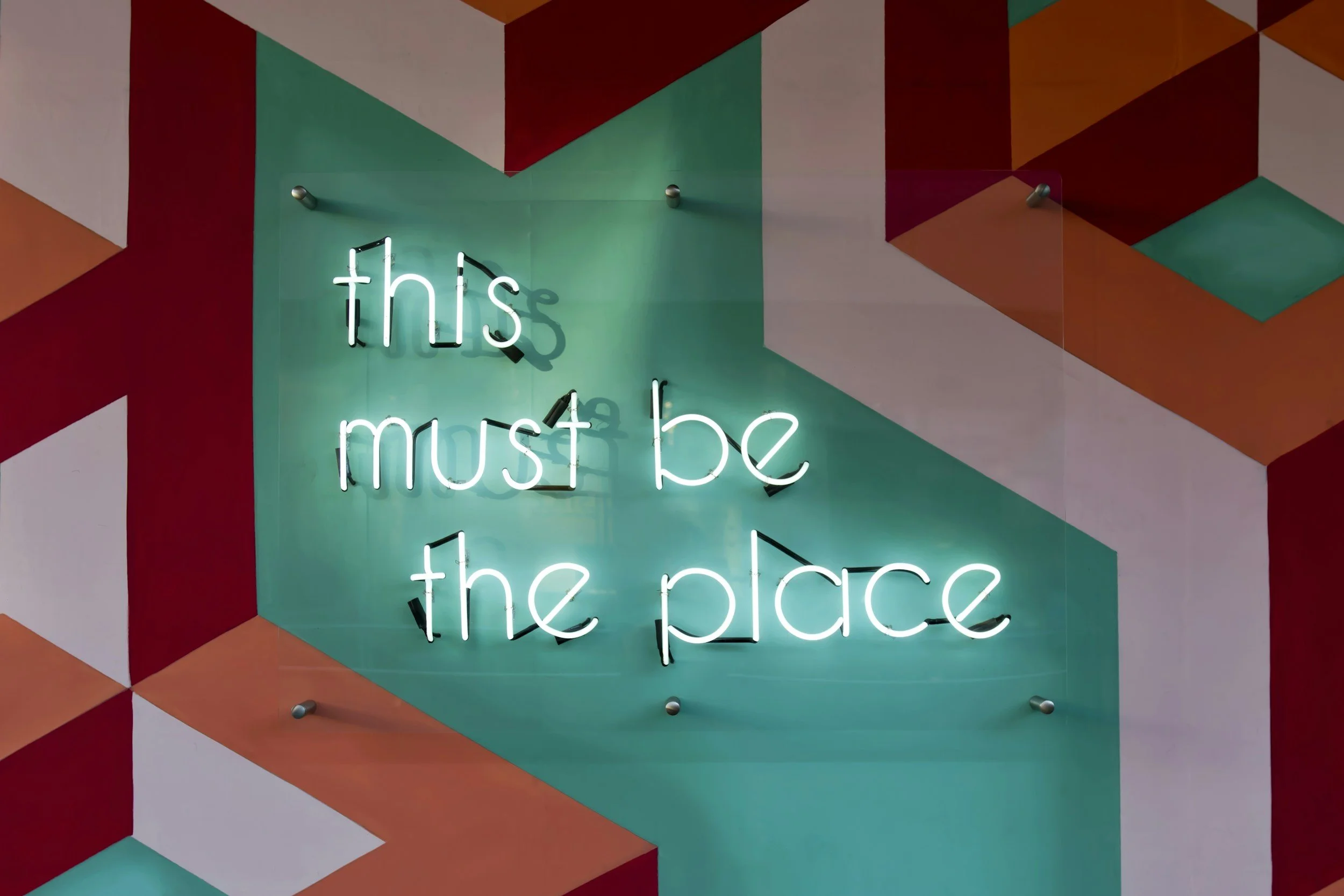
Revitalizing Diversity Globalism Studies:
A Case of Curriculum Transformation
Applying Program Evaluation Skills to Understand User Needs and Drive Institutional Change
The Context
Highline College, one of the most diverse community colleges in Washington State, struggled to deliver consistent, comprehensive multicultural education. Multicultural Affairs (MCA), initiated this project to improve multicultural co-curricular educational offerings.
Multicultural Affairs (MCA), initiated this project to improve multicultural co-curricular educational offerings. This study aimed to evaluate whether HC's Diversity and Globalism Studies (DGS) courses met institutional learning outcomes.
The Challenge
Highline College: A Commitment to Diversity, Curriculum in Need of Support
The Problem
Highline College struggled to provide consistent and comprehensive multicultural educational offerings at the time. Oftentimes, relying on faculty-driven course offerings with a limited focus on critical topics. The absence of a centralized framework further hindered the quality and accessibility of course offerings
My Role
Researcher & Advocate
Bridging the Gap:
My Role in Understanding and Addressing the Challenges
Researcher & Author: Assessed curriculum, analyzed student learning outcomes, identified gaps.
Facilitator: Reported findings, promoted administrative dialogue, advocated for curriculum revision.
UX Connection: Identifying user needs and pain points through research, translating insights into actionable recommendations.
The Why: Rationale & Context
Highline College: A Commitment to Diversity, Curriculum in Need of Support
Before we dive into the specifics of the research assessment, it’s crucial to understand the core mission of MCA for short and why this project was so relevant to our work.
A key function of MCA was to design and deliver co-curricular education. These experiences are intentionally crafted to enrich and build upon classroom learning, offering students invaluable opportunities for personal and academic growth outside the traditional curriculum.
By connecting learning to real-world experiences, MCA aimed to create more engaged and well-rounded students and members of the general public.
The Research Questions
Uncovering the Truth: A Multi-Method Approach
"What are our students learning at Highline College?"
"What are we teaching students about equity and diversity at Highline?"
Methods
Contextual Analysis
Examining WA state universities and community colleges ethnic studies and diversity & global study requirements
Course Offering Analysis
Document Analysis
Pilot Student Survey
Participants: 52
17 questions:
Open-ended
Multiple choice
Fill in the blank
Exclusively the DGS/DG Course Offering
Curriculum Acceptance Forms (CAFs)
The Findings
The Gaps Revealed Inconsistencies and Missed Opportunities

Faculty-Driven Courses: Gaps in Consistency
Diversity Globalism Studies (DGS) courses were largely faculty-driven rather than college-driven.
This led to inconsistencies in course availability and content.
Focus on Individual Differences Over Systemic Issues
Most courses emphasized individual differences or single marginalized group experiences.
Fewer courses addressed broader issues like social inequality and systemic oppression.
Study Recommendations
A Path Forward: For a More Robust Institution
Reflection & Routine
Establish regular review processes for Diversity and Globalism Studies (DGS) courses.
Professional Development
Create paths of professional development for instructors and faculty members.
Commitment through Dedication
Hire dedicated full-time tenured Diversity and Globalism Studies faculty.
Embed Equity and Inclusion Throughout the Institution
Create an Associate Dean position for Culturally Responsive Pedagogy who will support the institution's mission to provide equitable, relevant, and high-quality education for all students.
Impact & Outcomes
Department Realignment
Diversity and Globalism Studies (DGS) was transformed into the Ethnic & Gender Studies (EGS) department.
Formalization
Creation of one Administrative and two tenured Faculty positions dedicated to the EGS department.
Research-Driven Policy
Findings from the study remain central to institutional planning.
Transferable Skills to UX Research
Needs Assessment
-
Identifying user (student/faculty) needs through research.
-
Conduct user interviews, surveys, and contextual inquiries to uncover pain points and expectations.
Data Analysis
-
Interpreting qualitative and quantitative data to inform recommendations.
-
Test product prototypes or workflows to find usability issues and refine solutions.
Stakeholder Communication
-
Presenting findings and advocating for user-centered solutions.
-
Communicate insights to cross-functional teams (designers, developers, product managers) to prioritize user needs.
Usability Testing
-
Analyzing curriculum and identifying pain points/gaps.
-
Analyze user feedback, behavioral data, or usability metrics to guide design decisions.
Impact Measurement
-
Evaluating the effectiveness of implemented solutions.
-
Assess the impact of design changes through metrics like user satisfaction, task success rates, or retention.












